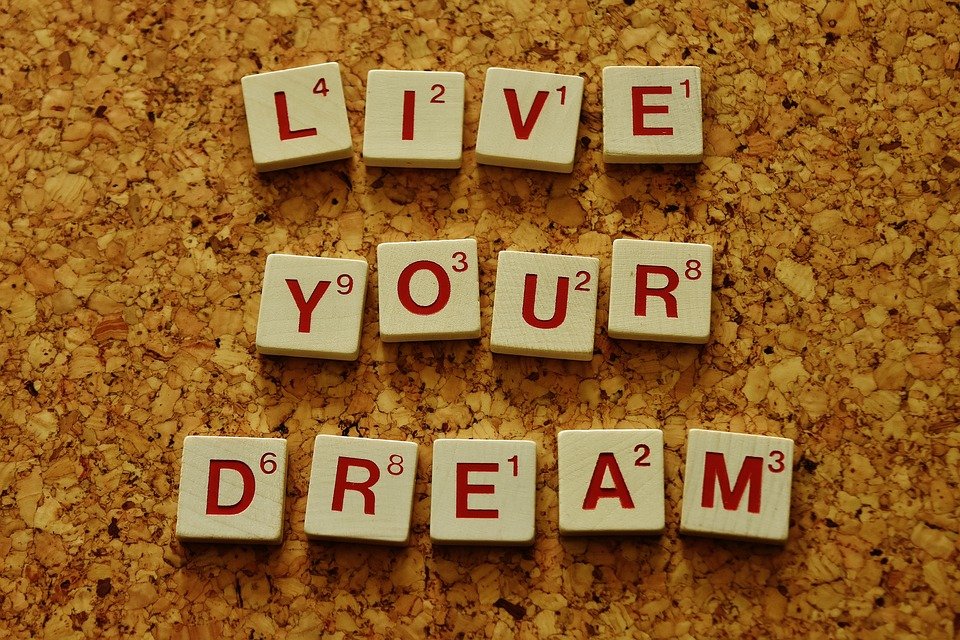When people share their positive vision of the future, it can be hard to tell if they are describing a wish or a goal. Especially when the same statement can be a dream for one, and a goal for another. But how can we tell which is which?
"I want a pony."
When coming from a 6-year-old, it's obviously a wish. Coming from a farmer purchasing livestock it is likely a statement of fact. So in this case we can evaluate the statement according to its source, and consider the individual's given ability to realize their desire.
That's easy, but it gets more complicated.

Pony? Screw that, I want a unicorn!
The Sentiment - Inspiration vs Motivation
Unfortunately, it's not always as clear cut as our previous example. We can be inspired by an idea, but even with the ability to realize the wish or dream, we need another crucial component: motivation. Without motivation, inspiration tends to stay just that - fertile ground for colourful dreams. Not that there's anything wrong with that. At times, it is the best choice.
For example, the farmer from our example might be inspired by neighbouring farms to offer riding lessons to children. While inspiration is great, the farmer might then understand that it is not a very wise financial investment, and he's not that great with kids either. This causes a lack of motivation, which leaves the pony purchase a sweet but inspiring dream for the farmer. He can do it, but it's not "worth it".

My dream is a world without motivational quotes
The Action - Dream On vs Plan
The main difference between a wish and goal is what we do with our desire. Given the perceived ability, inspiration and motivation, we can turn our dreams and wishes into executable plans. And with enough confidence and motivation, we can even follow through.
So perhaps the best indication of whether someone is describing a wish or sharing a goal is the presence of a plan to reach said goal, and possibly even some actions taken in the process.

Guiding questions
You might not guess it, but the person sharing their dreams and / or goals can't quite tell the difference either. Fortunately, you can help. By asking the other person guiding questions you can help them (and yourself) better characterize the desire in question. Sticking with our previous example, guiding questions can be: "Can you afford a pony?" and "Can you care for a pony for the rest of its life?" as well as "Have you assigned a stable for it yet?"
While this post speaks mostly of dreams and goals in interpersonal communication, these guiding questions are ones we can ask ourselves. Since I have no desire for a pony of my own, I can look at my desires and ask myself questions in order to determine my ability and motivation to create a plan and execute it.
Your Turn
How do you see the difference between a dream and a plan? How do you communicate it to others in order to make it clear?
---
Note: All images from Pixabay unless otherwise indicated.
